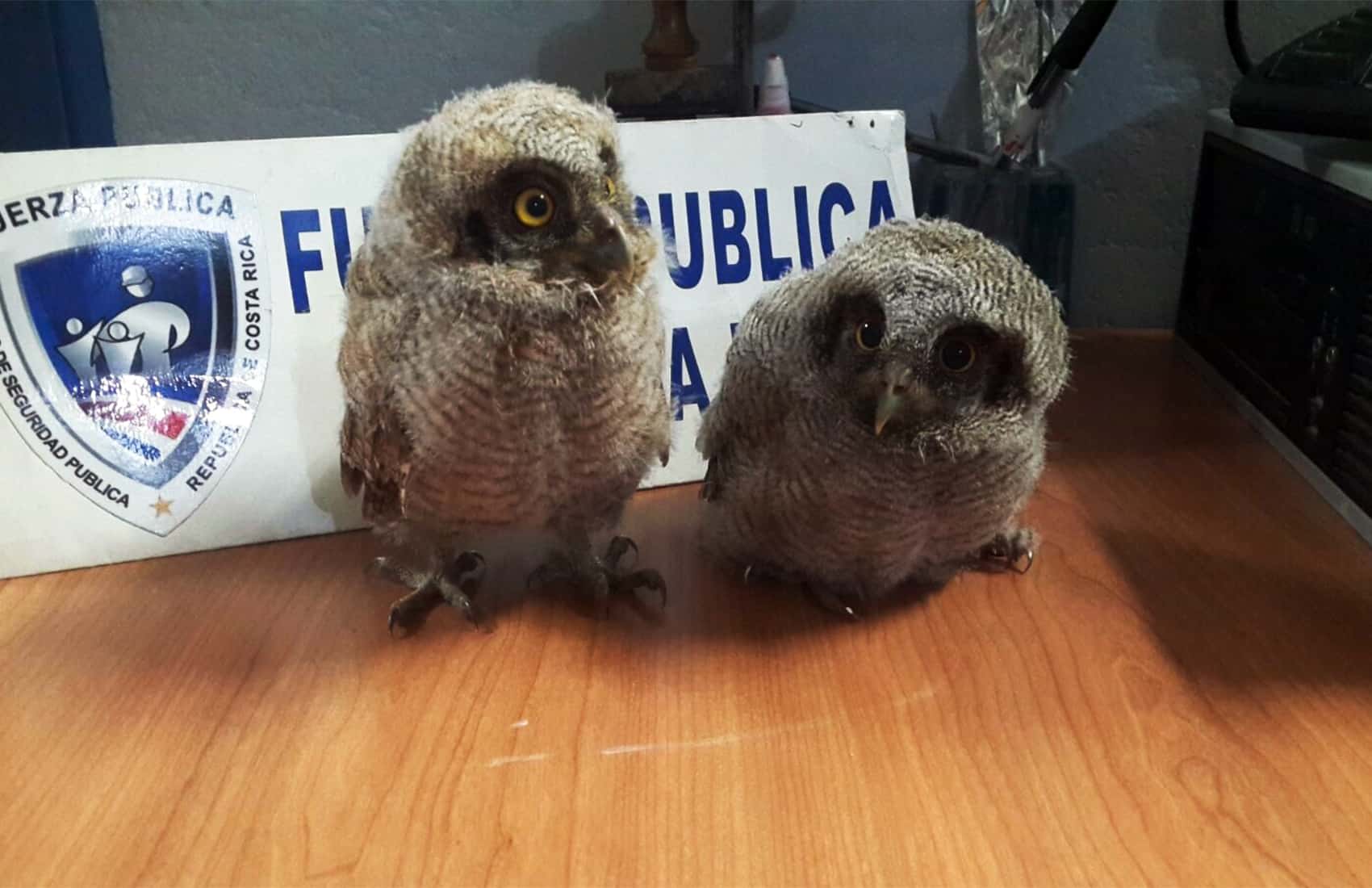Wildlife trafficking in Costa Rica has reached alarming levels, with 200 reports registered by authorities this year alone. This illegal activity poses a significant danger to the country’s rich biodiversity and threatens the delicate balance of its ecosystems.
The director of the Judicial Investigation Organism (OIJ), Randall Zúñiga, highlighted the severity of environmental crimes, stating that they are second only to human trafficking, human smuggling, and drug trafficking in terms of profitability worldwide. Although the economic impact in Costa Rica is yet to be quantified, the figures already raise concerns for authorities.
“Environmental crime is often overlooked, overshadowed by more sensational crimes like drug trafficking and homicides,” said Zúñiga. “However, it is a highly profitable criminal activity that ranks fourth globally.”
Criminal groups in Costa Rica traffic a wide range of animals, which are highly sought after on the international black market. In a recent investigation, authorities seized an iguana, 15 snakes (including a species native to Sri Lanka), and a varano (an exotic lizard species). The trade encompasses both live and dead animals, as well as pupae, bones, and even eggs.
To combat this illegal activity, the Wildlife Conservation Law has established penalties for the trade, business, traffic, and transfer of wild animals, their products, and derivatives without proper permits. The law also punishes the export or import of such species without the necessary authorization.
Costa Rican authorities have intensified operations and implemented stricter controls to curb wildlife trafficking. The OIJ, in collaboration with other agencies, is actively investigating and apprehending those involved in this illegal trade. “Both local and international wildlife are being illegally trafficked,” said Michael Soto, deputy director of the OIJ. “This criminal activity poses a serious threat to our biodiversity and requires concerted efforts to stop it.”
The continued increase in wildlife trafficking in Costa Rica underscores the urgent need for stricter enforcement of environmental laws and increased public awareness about the consequences of this illegal activity. Only through a collaborative approach can we protect Costa Rica’s rich biodiversity and ensure the long-term sustainability of its ecosystems.






